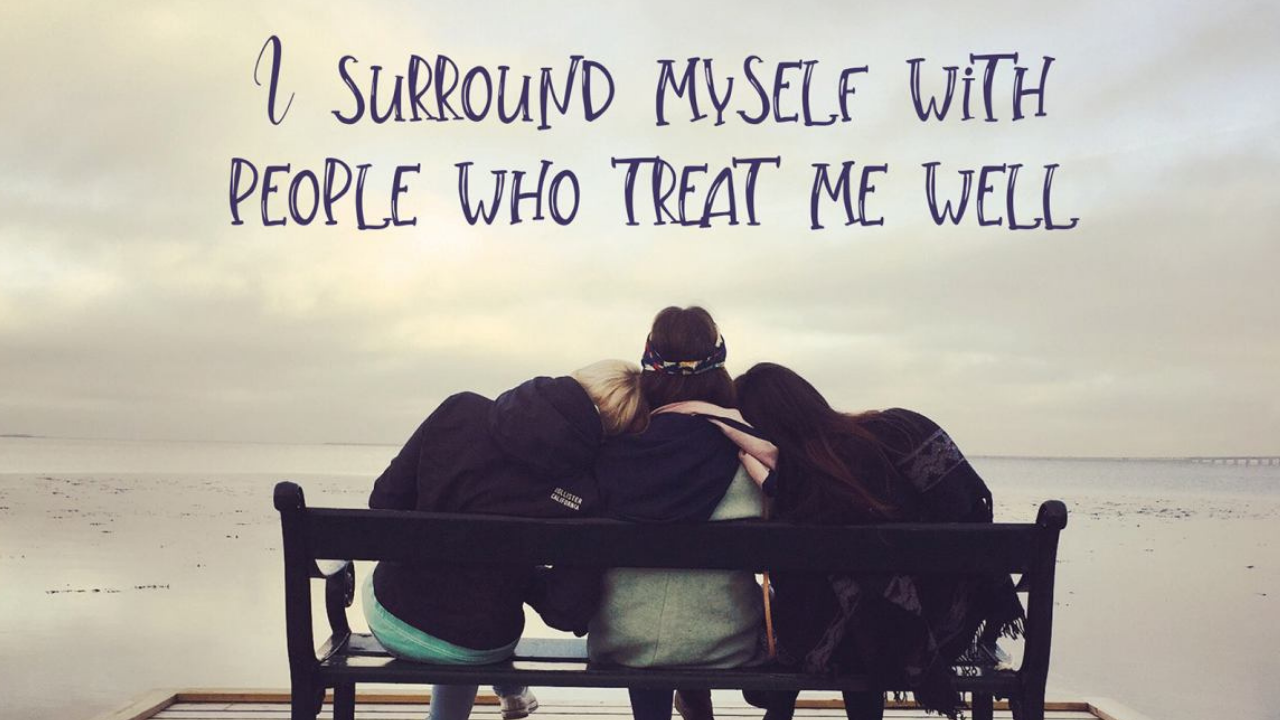Ditch the people pleasing and find your freedom!

Are you a people-pleaser? Do you try to help everyone at the expense of your own needs?
Do you try to make others happy as a means of avoiding confrontation?
Do you feel guilty when you put yourself first?
If so, you're a people pleaser.
Trying to make others happy at your own expense is a poor way to spend your time and energy. If you're looking out for everyone else, who has your best interests at heart?
You might think you're trying to be nice, but that's not the whole story.
People pleasing comes from a place of insecurity and a belief that other peoples opinions of them are essential, and their sense of self is based on these opinions.
People pleasers don't like conflict and will do anything to avoid it, even if that means turning into a completely different person.
People pleasers need validation from others to feel good about themselves.
Sometimes they will go to extremes to get praise and recognition from others to feel good.
When they do something nice for another person, they feel good about themselves. Meanwhile, their own lives are unravelling. Often, inside they feel resentful, worn out and exhausted trying to keep everyone happy and be perceived as a good person.
They also lose the respect of others. When you don't respect your time or your needs, no one else will either. You're training people to mistreat you.
Avoid pleasing others and please yourself for a change:
Realise that's it's not important that everyone like you. It's not even possible. There are people that you'll never like. Everyone has their own set of preferences. Understand that some people won't like you no matter what you do. It just doesn't matter.
- Understanding this simple fact can be incredibly liberating.
Get your validation from yourself. Those that try to please everyone are receiving their validation externally. You don't need others to make you feel good. Build up what makes you feel good. Put your attention on pleasing yourself.
All you must do is say "no." With practice, it becomes easier to say no to others and yourself. When you're asked to do something you don't have time to do, say "no." When you put pressure on yourself to make others happy, say "no" to yourself. It can be that simple.
- When you say "no," you're saying "yes" to something else. What are you saying "yes" to? Suppose you don't want to go out with your coworkers after work. By declining to attend, you're saying "yes" to spending time with your family or catching up on your sleep or something else. Know what you're doing for yourself.
Deal with the aftermath. What are the negative consequences you'll face when you begin to refuse inconvenient or unreasonable requests or start saying no to things people expect you to say yes to?
From others, you can expect some general negativity. When others are used to controlling you or expecting you to support them when they need it, they won't give up that control easily. Just stand your ground.
- You can also expect a negative reaction from yourself, mainly guilt. You'll get over it quickly. Hang in there.
Be prepared to lose a few people. There are a few people that may have been pretending to be your friend. Once you stop being so accommodating, they'll move on. You're better off without them.
- People will begin to have a new level of respect for you, and you'll attract a new group of friends that bring more to your life.
Drop the apologies. You don't have to apologise because your priorities don't match up with someone else's. You have the right to prioritise your time as you see fit. Avoid apologising if you don't have anything to apologise for.
People-pleasing creates anxiety. You're more likely to feel anxiety and guilt when you're a people-pleaser. You end up doing too much, and you're too concerned about the opinions of others. When you try to do too much and be too much, you're going to be stressed.
Practice being selfish; when you put your own needs first and take care of yourself, you are in a much better place to support others and show up doing things for others with a joyful heart. Selfishness is the first actual act of self-love.
Know the difference between the "have to's", "should do's", and "your want to's" so you can avoid getting caught in the trap of feeling obliged to show up.
Have to's are driven by a prerequisite, i.e.:
- A need to be accepted
- A means to an end (paying bills)
- Desperation
Shoulds are driven by:
- Self-image
- What's expected of you (i.e. the need to do the right thing)
- Rationalisation (If I do that then)
Wants are driven by:
- Inspiration
- Choice
- Inner guidance
The gains from attempting to please everyone will never outweigh the costs. Learn to get validation from yourself. You don't have to please others to feel good about yourself.
Give your own needs your attention.
You deserve as much as anyone else!
Much love
Avril xx
If you would like help or support, you can reach out to me here to book a free discovery session or come and join us over in one of our Facebook groups, Avril Gill Coaching or Dissolve Your Anxiety, or follow me in IG for guidance and support.

50% Complete
Two Step
Lorem ipsum dolor sit amet, consectetur adipiscing elit, sed do eiusmod tempor incididunt ut labore et dolore magna aliqua.

